Aromatherapy is a holistic healing treatment that uses natural plant extracts to promote health and well-being. When used properly, aromatherapy can help children and adults manage pain, sleep better and reduce nausea and discomfort.
What is aromatherapy?
Sometimes called essential oil (EO) therapy, aromatherapy uses aromatic essential oils medicinally to improve the health of the body, mind and spirit. It enhances both physical and emotional health.
Aromatherapy is thought of as both an art and a science. Recently, aromatherapy has gained more recognition in the fields of science and medicine. Medical doctors became more established in the 19th century and focused on using chemical drugs. However, French and German doctors still recognized the role of natural botanicals in treating illness. The term “aromatherapy” was coined by a French perfumer and chemist René-Maurice Gattefossé in a book he wrote on the topic that was published in 1937. He had previously discovered the healing potential of lavender in treating burns.
How does Aromatherapy work?
Aromatherapy works through the sense of smell and skin absorption using products such as:
- diffusers
- aromatic spritzers
- inhalers
- bathing salts
- body oils, creams or lotions for massage or topical application
- hot and cold compress
Aromatherapy is carried to the body through the organic chemistry of the oil from the plant. You do NOT have to be able to smell to receive the healing benefits of the EO. That is the most wonderful part of using EO. It is all about how to use which organic chemical of the EO.
It’s important to buy oils from a reputable producer since they aren’t regulated by the U.S. Food and Drug Administration (FDA). Make sure you’re buying a quality product that is 100 percent natural. It shouldn’t contain any additives or synthetic ingredients.
What are the benefits of aromatherapy?
Aromatherapy has an array of benefits, including:
- managing pain
- improving sleep quality
- reducing stress, agitation and anxiety
- soothing sore joints
- treating headaches and migraines
- alleviating side effects of chemotherapy
- easing discomforts of labor
- fighting bacteria, virus or fungus
- improving digestion
- improving hospice and palliative care
- boosting immunity
Although scientific evidence for aromatherapy is limited, we have done two aromatherapy feasibility studies at Children’s National Hospital.
How do I get started with aromatherapy?
You may wish to meet with a certified aromatherapist, especially when you’re first getting started with aromatherapy or if you have specific issues you’d like to address.
During a consultation with an aromatherapist, you’ll answer questions and talk about your lifestyle and health. Together, you can come up with an individual treatment plan to meet your goals.
Since aromatherapy is a complementary therapy, you should talk to your doctor before starting your sessions. That way your essential oil therapy can be tailored to work together with any medical care or treatment you’re receiving.
There is also plenty of information on aromatherapy available online and in books if you wish to treat yourself at home. And there are courses you can take to learn more about aromatherapy.
Are there any precautions I should take when using aromatherapy?
Most essential oils are safe to use. But there are some precautions you should take when using them, as well as side affects you should be aware of, especially if you take any prescription medications.
- Don’t apply essential oils directly to your skin. Always use a carrier oil to dilute the oils. I like to use Jojoba oil.
- Remember to do a skin patch test before using essential oils.
- Since citrus essential oils may make your skin more sensitive to the sun, these oils should be avoided if you’ll be exposed to sunlight.
- Children and women who are pregnant or breastfeeding should use essential oils with caution and under the supervision of a doctor.
- Never swallow essential oils.
- Children should always use essential oils diluted to age and weight.
What are the side effects of aromatherapy?
Side effects of using essential oils include:
- rashes
- asthma attacks
- headaches
- allergic reactions
- skin irritation
- nausea
Although side effects are rare, they can be seen when aromatherapy is mis-used, over-used or if poor quality essential oils are used.
Always talk to your doctor before starting any aromatherapy treatment. Remember that aromatherapy is meant to be a complementary therapy. It’s not meant to replace any doctor-approved treatment plan.
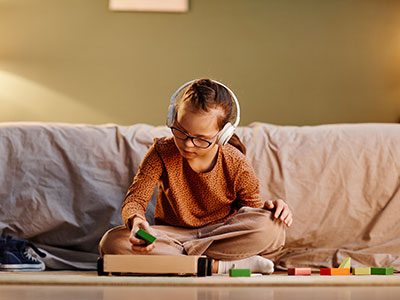 https://riseandshine.childrensnational.org/wp-content/uploads/2025/07/autistic-girl-with-headphones-feature.jpg
300
400
Danielle Robbins
https://riseandshine.childrensnational.org/wp-content/uploads/2017/11/childrens_riseandshine_logo.jpg
Danielle Robbins2025-07-22 14:17:142025-07-30 15:07:12Understanding anxiety in autism: Why it happens and how to help
https://riseandshine.childrensnational.org/wp-content/uploads/2025/07/autistic-girl-with-headphones-feature.jpg
300
400
Danielle Robbins
https://riseandshine.childrensnational.org/wp-content/uploads/2017/11/childrens_riseandshine_logo.jpg
Danielle Robbins2025-07-22 14:17:142025-07-30 15:07:12Understanding anxiety in autism: Why it happens and how to help


 Marian McEvilly, RN, CPN, CCA, HTA, EEM-AP, is a registered nurse in the department of anesthesia and pain medicine at Children's National Hospital. She is a certified clinical aromatherapist.
Marian McEvilly, RN, CPN, CCA, HTA, EEM-AP, is a registered nurse in the department of anesthesia and pain medicine at Children's National Hospital. She is a certified clinical aromatherapist.



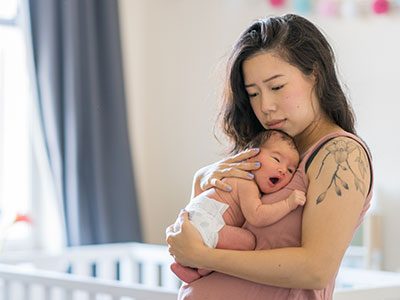
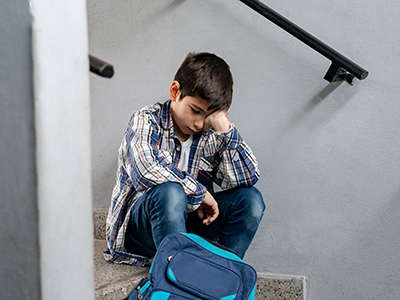
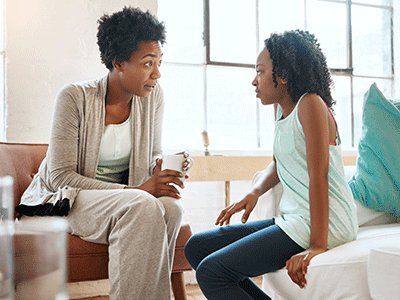

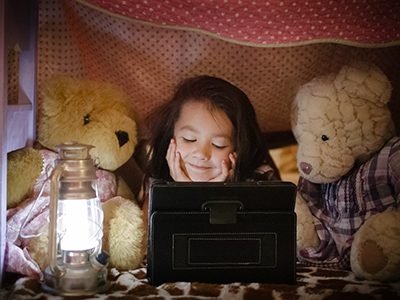
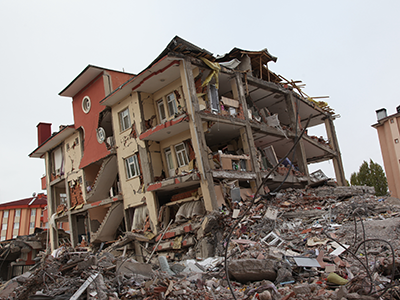
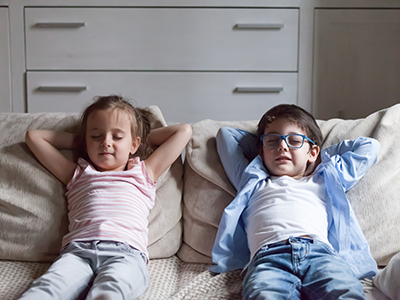
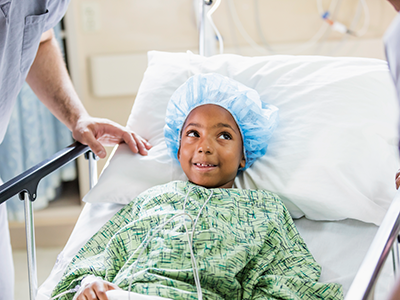


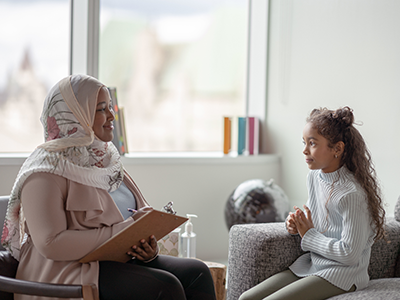
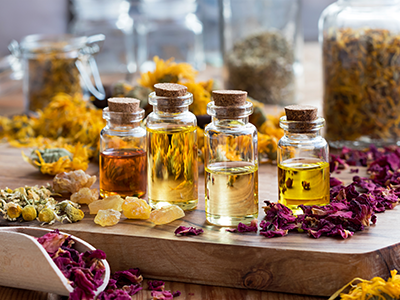
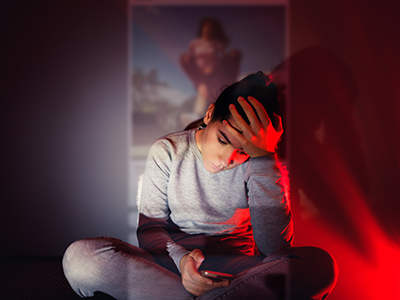
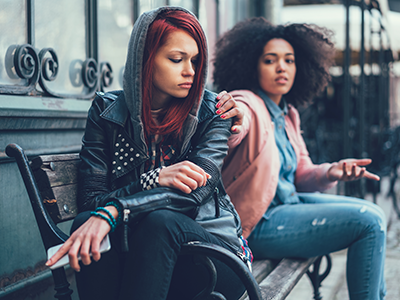
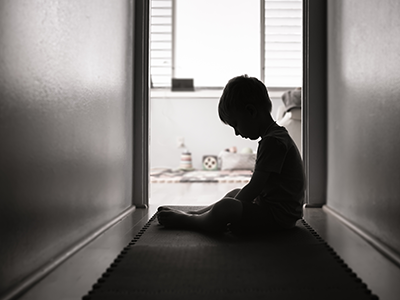
This article is a great resource for parents looking for natural ways to help their children’s health and well-being. It shows how aromatherapy can be a beneficial addition to their healthcare options.
Thank you.